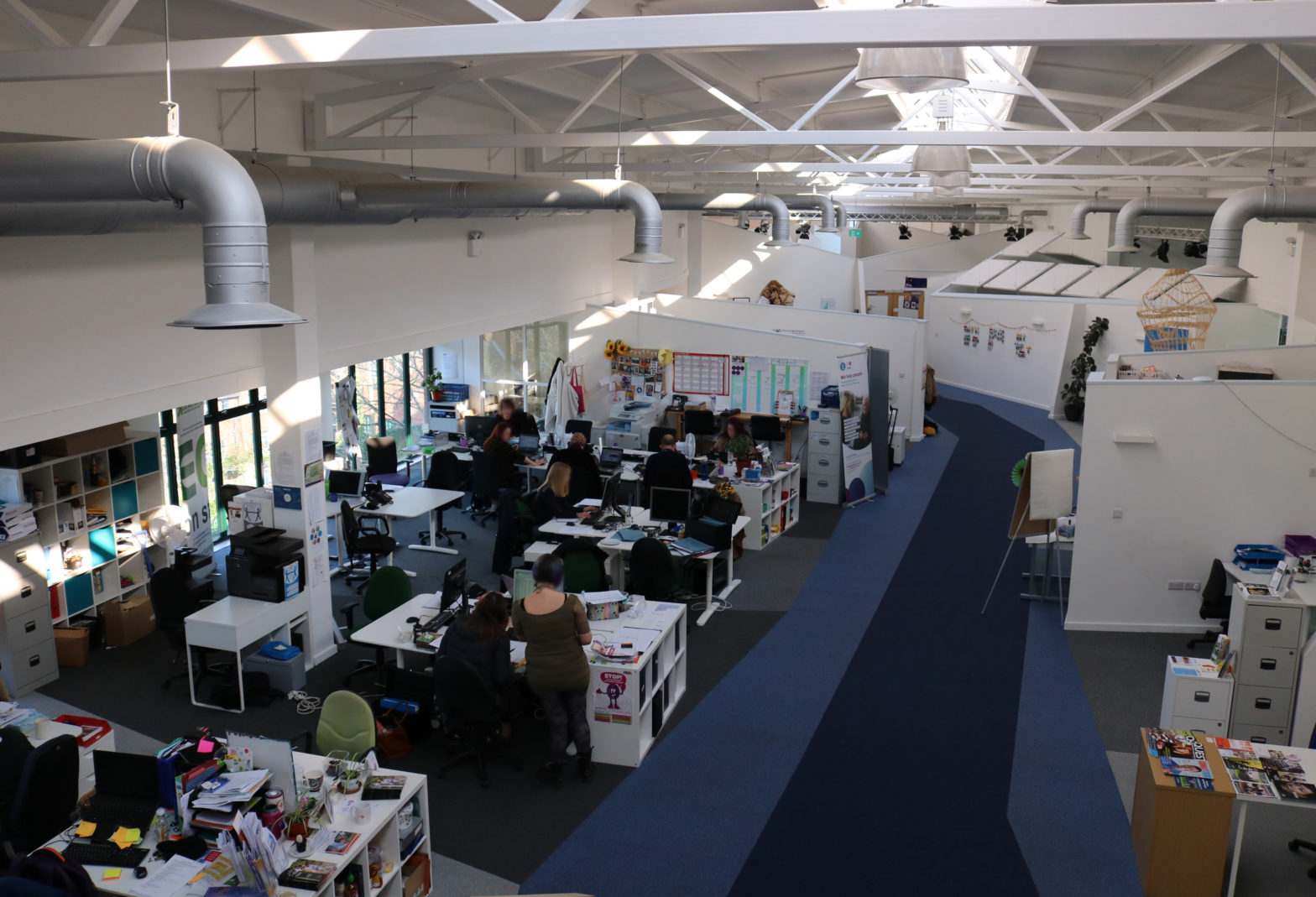By Liv Comberti and Mathew Trivett
Welcome to the fourth week notes from the OpenCommunity team. Week notes are a short weekly round up of what we’ve been learning and where we are going next.
Subscribe to get OpenCommunity week notes delivered to your inbox.
TL;DR *
We need to get better at thinking about health and social care holistically. Some of those challenges are technical, but many are about aligning cultures and expectations.
How do you ensure a sufficient quality of data in a constantly shifting landscape?
* Too long; Didn’t Read – a short summary for busy people.
About the project
OpenCommunity is on a mission to discover the need for a community-services data standard. What might become possible if all community directories in the UK were designed in a way that allowed them to talk to each other?
For more information read the original proposal from the OpenCommunity team.
Question of the week
If community-services data is so critical to our vision of integrated health and social care, what might be its price tag?
What we’ve done
Last week we wrapped up our first round of user research in Devon. In Devon, we focussed on the needs of service commissioners and service providers.
It’s been a busy few weeks with all sorts of exciting developments, so these weeknotes are from a few weeks back when we took a research trip to Devon. We’ve split our insights over two posts. In this post we share our learnings about the world of commissioning.
In next week’s post, we’ll share insights from our visit to Exeter Library, Pinpoint Devon and conversations with CoLab members. We will talk about how services share their offer and how people find them.
What we’ve learned
NHS Directory of Services (DoS)
One of the primary use cases for standardising community services data is the growing need and interest in integrated health and social care. We spoke to one of the DoS leads for Wider Devon. The NHS DoS data powers health information services, particularly in Urgent and Emergency Care, for example 111 and paramedic teams. It offers rich, robust and real-time data on available health services matched to a person’s needs and location.
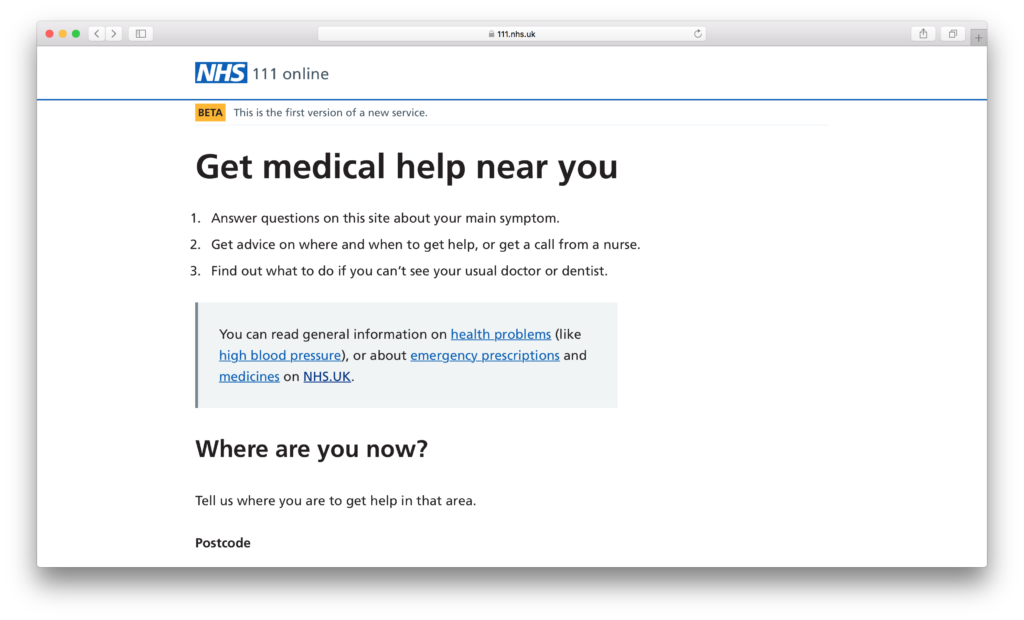
Interestingly though, data in the DoS is not public. At least not public in the way local authority service directories are. The NHS DoS data works as national infrastructure to help triage people to the right services at the right time. A few weeks ago Steven shared some great work looking at the governance of the NHS Directory of Services to see what we could learn.
Tackling integrated health and social care is not just a technical standards issue but one of trust. The NHS has high thresholds for safety and quality. How might the NHS trust services over which they have no control, especially without overburdening community- service providers?
We are still debating as a system how we will quality assure and in some instances formally refer or signpost people to services we know little about. There’s been some work done developing a quality mark of services. But how do we want to assure ourselves without breaking the energy and vibrancy of that sector by whopping great contractual obligations around it?
NHS Commissioner
Not unique to integrating health and social care, but significant, is the challenge of duplication. Managing duplication isn’t possible until directory owners share their data. Then there comes the issue of whose data do we trust and use as ground truth? Do we implicitly trust NHS data over community services data, particularly as they share similar challenges of maintaining data?
Some databases have stayed stagnant for years. I would hate to be part of sharing a database with someone whose information I can’t trust.
NHS DoS Team
Commissioning adult social care
We spoke to a senior commissioner from adult social care in Devon. We learned a bit about the difference between regulated and unregulated services.
Regulated services are usually paid for, mostly or in part, by the local authority. They are regulated by the Care Quality Commission. Regulated services often involve physical contact or personal care with a person. For example helping them to wash, eat, take medication or move around their home.
Unregulated services typically involve less physical contact with people. For example helping people to keep active, preventing loneliness, or helping them with shopping.
As with all our conversations, adult social care shares the same challenges of growing demand and diminishing supply.
“A real driver [to our need for community services data] is the recruitment and capacity of care providers. We end up using our own teams to handle that demand. We talk about winter pressures, but it’s just all year around really. In winter there’s more demand and it’s harder to recruit. But now the bump is all year round.”
Adult Social Care Commissioner, Devon
In Devon, they’ve taken matters into their own hands by building internal tools to help them compare demand with supply. They’ve used these tools to support collaboration between care providers to improve efficiencies, for example looking at how care staff travel between clients.
Commissioners need to be able to respond to people’s care needs quickly and to compose holistic care packages that combine regulated and unregulated services. An OpenCommunity standard would allow them to include community services as part of that unregulated care offer.
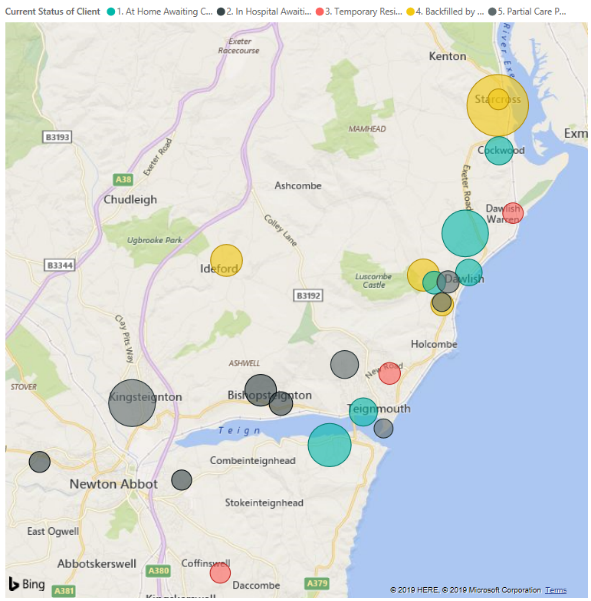
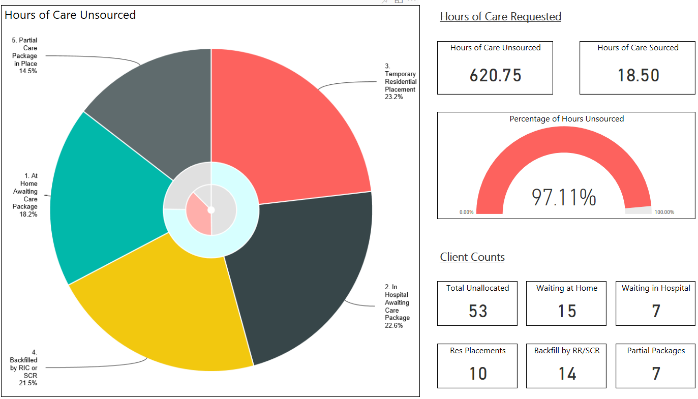
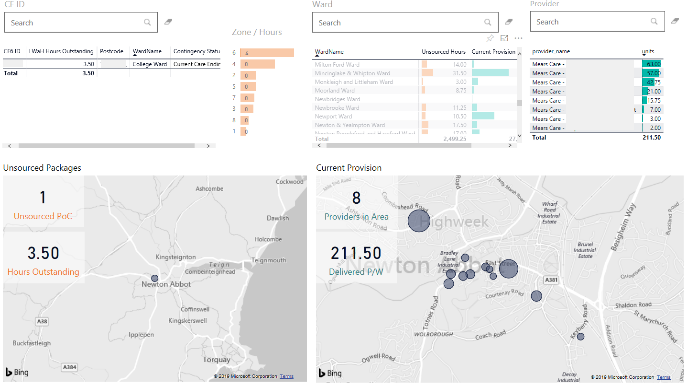
Devon adult social care tools to compare demand and supply
Colab Exeter
CoLab Exeter are an inspiring example of integrated health and social care in action. Originally a CVS, they restructured by identifying four main challenges facing Exeter. Their collaborative workspace now brings together organisations under one roof to tackle those.
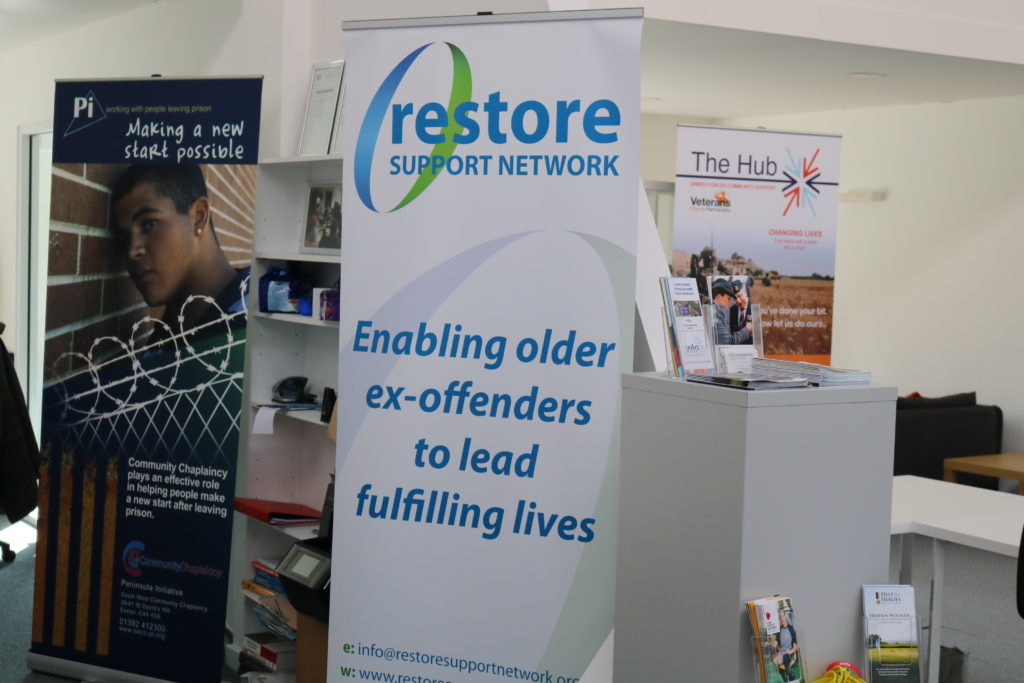
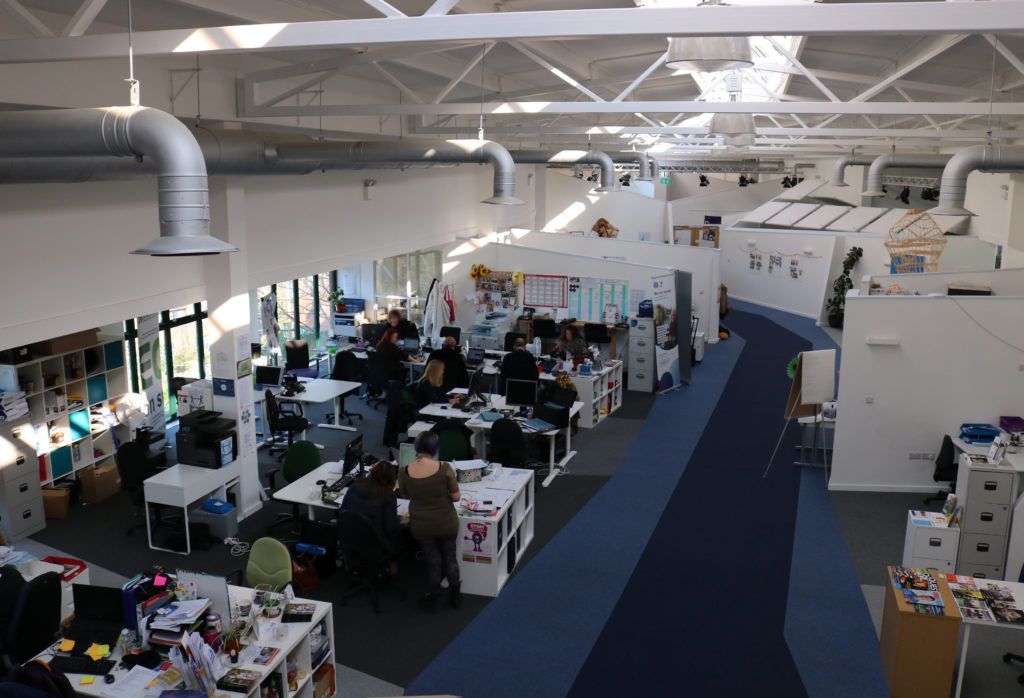
CoLab an integrated community services hub
“This is your problem” is a very expensive sentence.
People’s service needs rarely exist in isolation. For example someone who is homeless may require housing, addiction support and mental health services. However when commissioning and success metrics are siloed, that homeless person is more likely to slip through the gaps. “This is your problem” is a very expensive sentence. Deflecting people when they’re vulnerable makes their situation much more difficult.
So lets say I’ve just left prison, I don’t have stable housing lined up and I have a heroin addiction. Currently, there’s about a 4 month wait for a methadone script. So until then I’m going to continue to use heroin. That’s the nature of addiction. If I’m then found with needles in my room, I’ll be kicked out of the shelter I’m in, so made homeless. So because of one service failure, that has a knock on effect on another.
CEO, CoLab
Taking a joined up, holistic approach creates drastically improved outcomes. CoLab are pioneering a new approach to commissioning. Alliance commissioning shares the responsibility for a person’s outcomes between the services they need.
Alliance commissioning is becoming increasingly popular. It means getting community organisations to work differently. Forcing people to collaborate by putting them all into a single contract. If one fails, you all fail. So you have to support each other to do your best work.
CEO, CoLab
Digital solutions alone won’t save people. Humans will
CoLab spoke about how traditional referral is via email. It risks creating a psychology of “you’re this person’s problem now”. For service users in vulnerable situations, that can leave them feeling unsupported and constantly in limbo. At CoLab, the services that a person needs all exist under the same roof, and people are introduced to people, rather than services.
There is a world of difference between being introduced human to human and being sent an email. It’s human to human contact that changes people’s lives. Not services.
CEO, CoLab
Commissioners and service providers need to talk
Service providers working on the frontline have valuable insights on what creates change in people’s lives. Being able to feed their insights back and work more closely with commissioners is vital to creating a more impactful and successful service provision and society. However, when community organisations’ futures rely on commissioner’s contracts, effective dialogue and therefore innovation is difficult. “You don’t bite the hand that feeds you”.
Where we’re going next
Next week (well, last week now), we spent a whole lot of time listening back over interviews and synthesising our research. Stay tuned for weeknotes #5, where we’ll share insights from our visit to Exeter Library, Pinpoint Devon and conversations with CoLab members.
